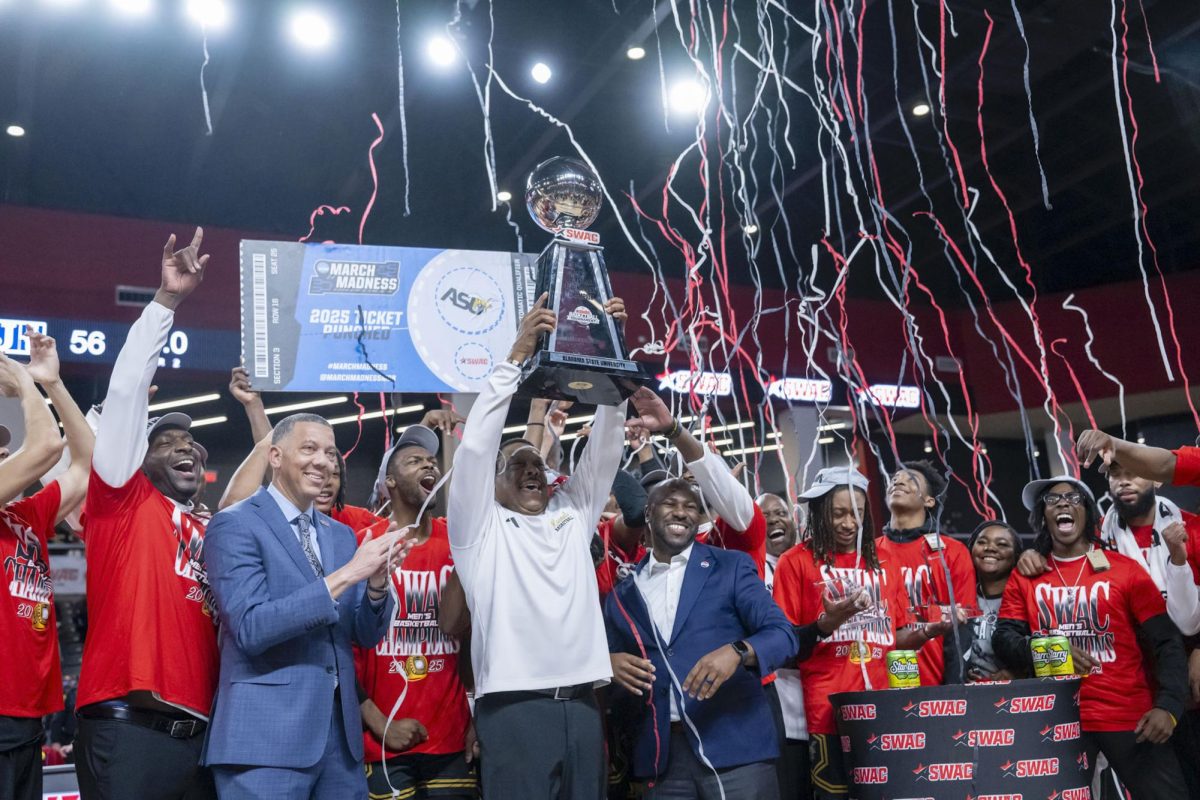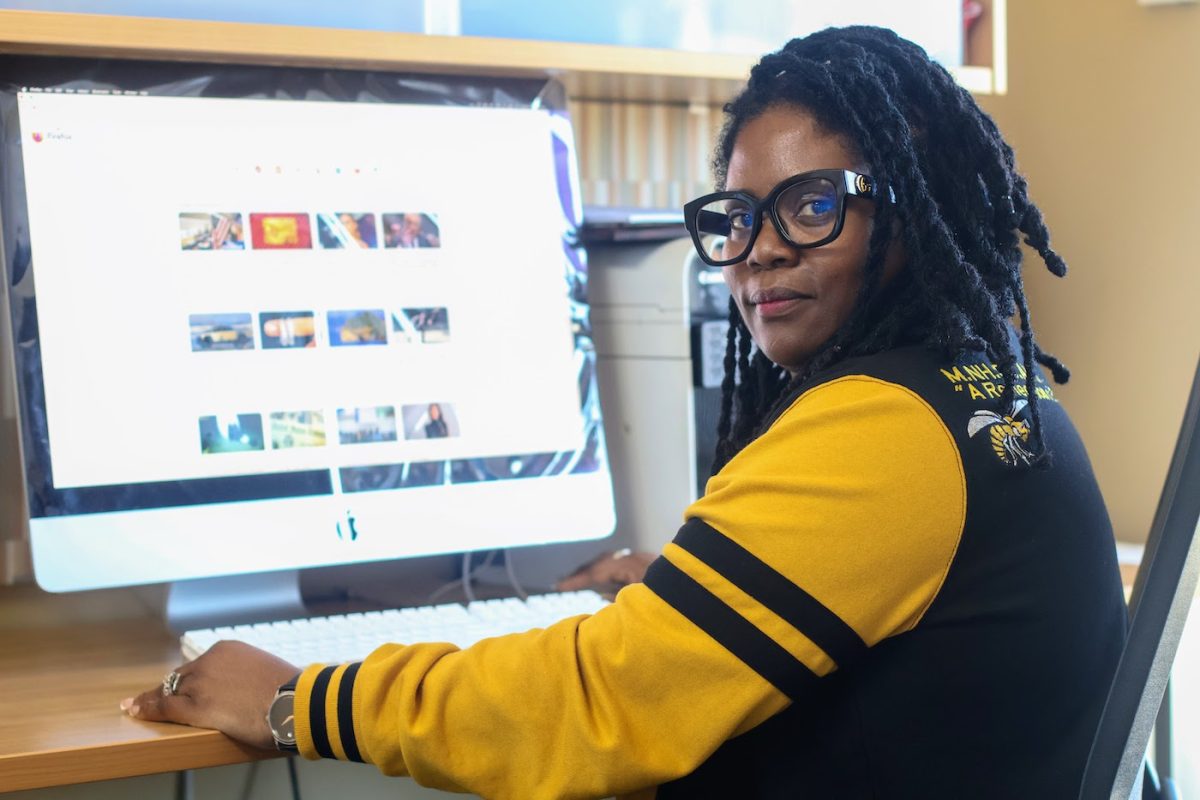It is 2024, and the United States is still witnessing historic “firsts” for Black Americans. From Victor Glover preparing to orbit the Moon to Shariah Harris competing in the U.S. Women’s Polo Championship, each milestone is both inspiring and sobering. Why? Because every triumph underscores how long overdue these breakthroughs are. The abolition of segregation may have promised freedom, but systemic racism and institutional barriers have continued to stifle the ability of Black people to thrive to their fullest potential.
At every turn, obstacles remain. Whether it is limited access to education, underrepresentation in leadership, or the persistence of bias in key industries, barriers have been strategically placed to keep Black people out of certain rooms and far from dominating particular spaces. Yet, time and time again, we have proven that these obstacles are not insurmountable.
Take our 45th president, Barack Obama, whose election in 2009 marked the first time a Black person held the highest office in the land, a full 233 years after America’s founding. And when he was re-elected in 2012, he solidified his legacy in a system that was not built for him to succeed. Kamala Harris, too, has redefined the political landscape as the first Black female vice president. From the arts to sports to STEM (science, technology, engineering, and mathematics), the achievements continue. Quinta Brunson’s historic Emmy nominations, Teyana Taylor gracing Maxim’s cover, and Ketanji Brown Jackson’s swearing-in as the first Black woman on the Supreme Court.
These “firsts” matter not only for the individuals achieving them but also for the collective progress they signify. Each accomplishment is a beacon of resilience and a reminder of the systemic hurdles Black Americans have faced. African American history is far more than a collection of firsts, but the significance of each milestone cannot be ignored. Each victory reflects centuries of struggle for freedom, equality and justice.
The burden of being “the first” is often accompanied by the knowledge that one must excel, not just meet the standard but surpass it. We have been taught we must work twice as hard to achieve what others take for granted. But will there ever come a time when Black excellence can exist without the need for overperformance? When being “enough” is enough?
This is why diversity, equity and inclusion (DEI) efforts face backlash. The progress we have made threatens a system that thrives on Black exclusion. They cannot fathom us in spaces they once reserved for themselves. They struggle to accept that we are just as intelligent, poised and capable. Despite their attempts to enslave us physically, mentally and emotionally, we continue to fight and win.
Representation matters. With every first, we are showing future generations what is possible. Black children growing up today can see role models in every field, politics, entertainment, science, sports and beyond and know they, too, belong. Every barrier we break down makes the path forward a little easier for those who follow.
The journey to dismantle systemic racism is far from over. But as long as Black people continue to defy the odds, we will ensure that history’s narrative includes our voices, our victories and our resilience. The “firsts” will keep coming until they are no longer necessary until true equity allows us to celebrate not just breaking barriers, but thriving without them.












